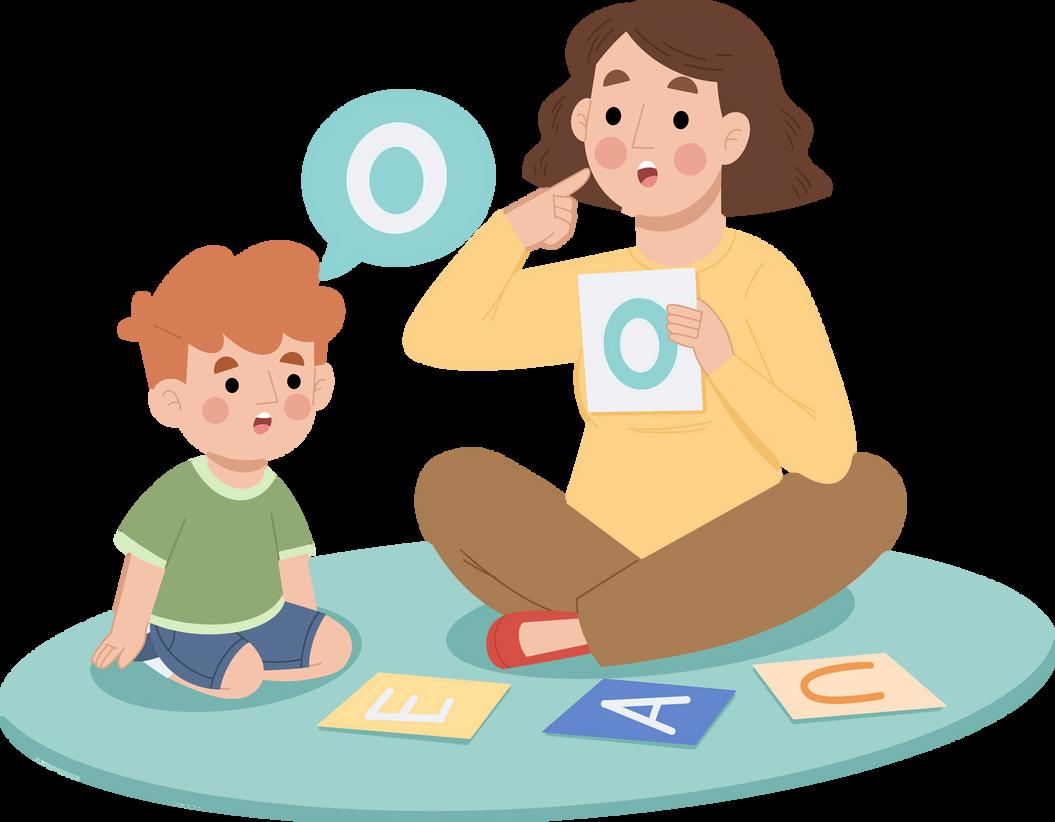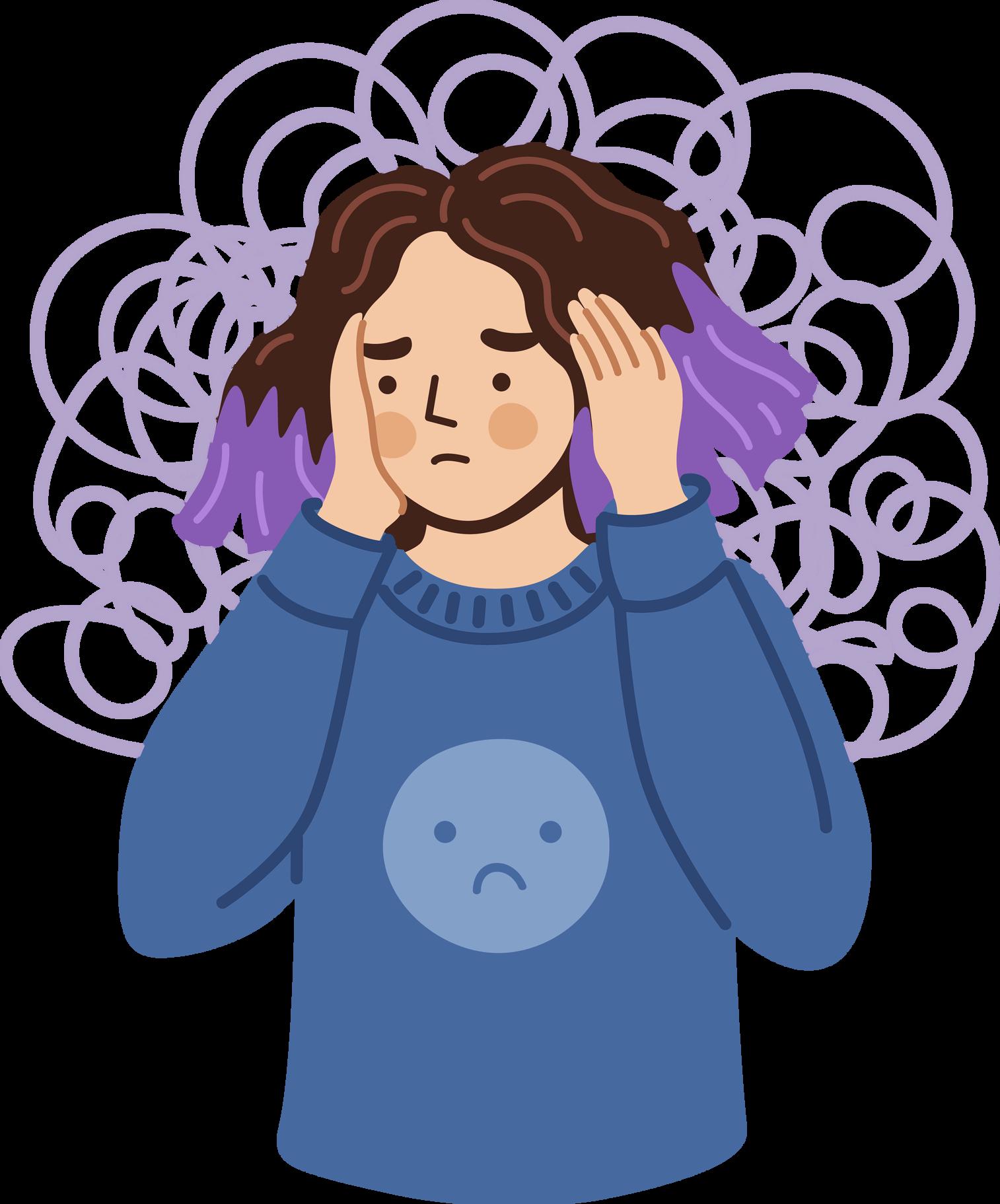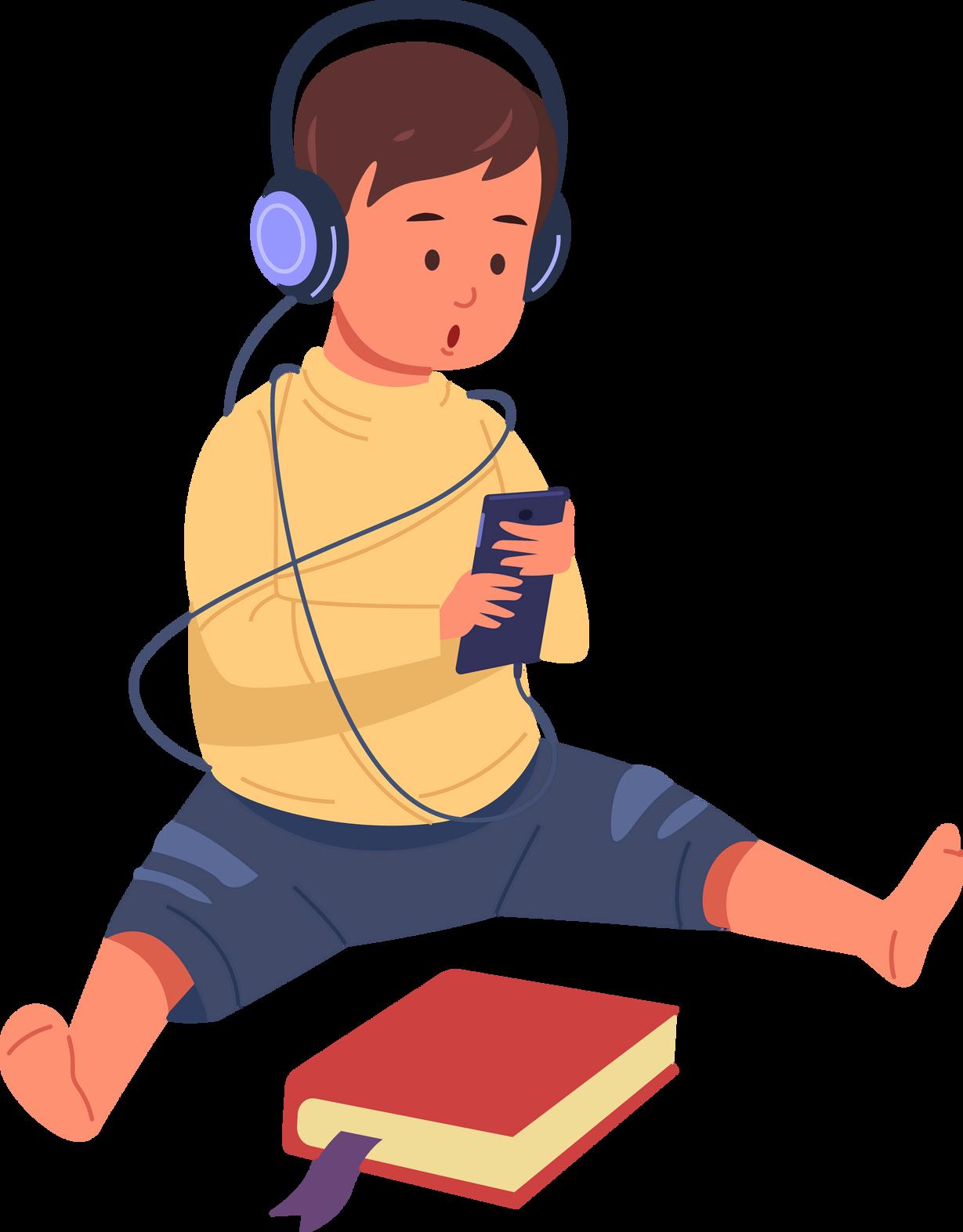
1 minute read
The Impact of Screen Time on Mental Health cont'd Preschoolers
School-agedChildren
For preschoolers aged 2-5, screen time can interfere with crucial developmental milestones. At this stage, children learn best through direct interactions with caregivers and their immediate environment.
As such, screen exposure cuts into that time, potentially impeding language development, social skills, and emotional regulation. Young children may become irritable when overexposed to screens as they struggle to process the highly stimulating content
In school-aged children (6-12), excessive screen use, particularly TV viewing, can contribute to attention problems and hinder academic performance. A study in The Lancet Child & Adolescent Health found that children aged 8-11 who spent more than two hours a day on screensperformedworseoncognitivetests.
We should note that these studies are imperfect. It’s incredibly difficult to determine causality or pinpoint precisely why students may perform poorlyoncognitivetests.
Yet we know that elementary school is a key developmental stage for children.
At this stage, children are developing critical thinking skills and require engagement in activities that promote focus and cognitive development. Overindulgence in screen time can detract from homework, reading, and imaginative play, which are essential for healthybraindevelopment.
Even at this early age, there’s a link between excessive screen time and depression,too
Tweens and Teens



For tweens and teens, the impact of screen time on mental health becomes more pronounced, especially as it relates to anxiety and depression. Adolescents are at a stage where peer relationships and social acceptance are vital to their sense of self. The digital world of social media, accessed through screens, has opened up a whole new arena for these relationships to play out.
Excessive use of social media and other screen-based activities can worsen feelings of loneliness or inadequacy. A JAMA Pediatrics study spells out the consequences: adolescents who spent more than three hours a day on screens exhibited higher levels of anxiety and depression symptoms.










